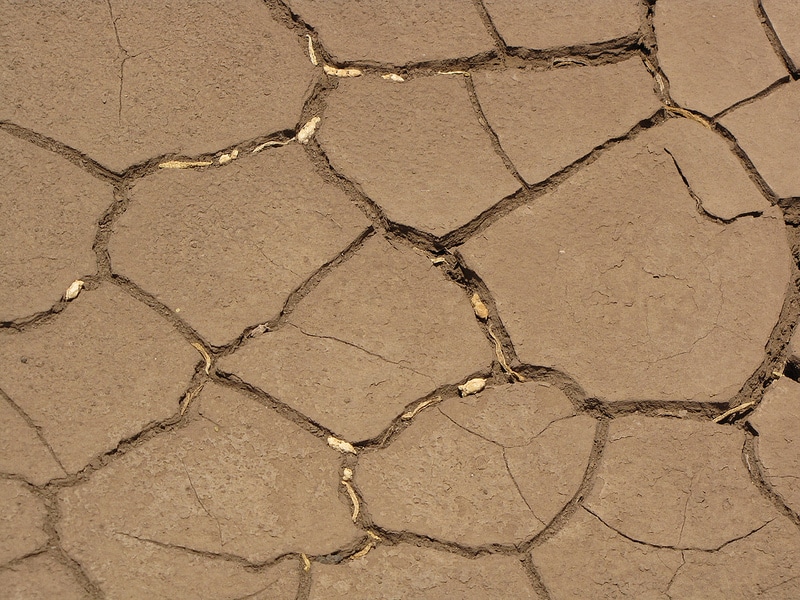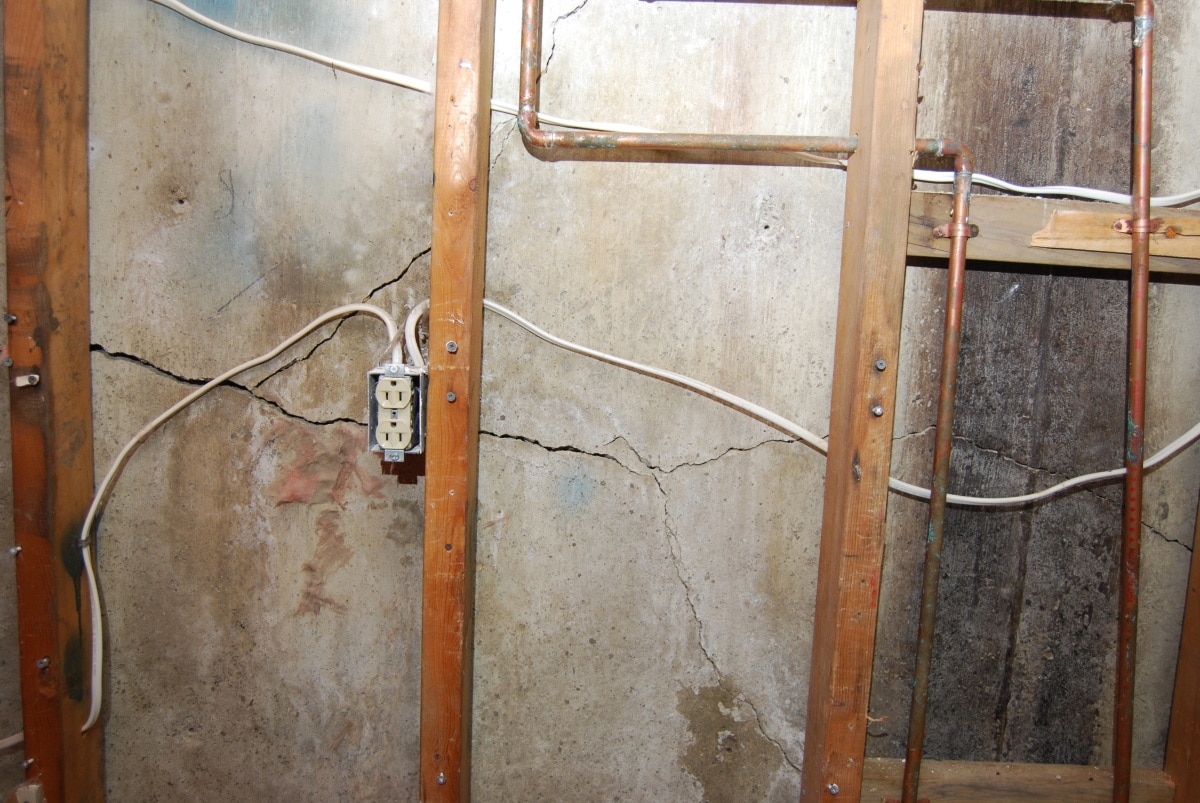Though out of sight, the foundation is what maintains your home’s structural integrity. However, it is not immune to the passage of time. Over the years, many hot summers contribute to the gradual wear and tear. This makes foundation protection all the more critical for ensuring longevity.
The Implications of Summer Heat on Residential Foundations
The North Texas regions are known for blistering hot and dry summers. This is often accompanied by extended periods of drought. This dries the soil, causing the foundation to settle and ultimately develop cracks and splits. Once the summer ends and rainfall begin in the ensuing seasons, the water makes its way inside the cracks and finds its way in your home.
We suggest Texas homeowners follow these summer foundation maintenance tips outlined below to offset preventable damage.
Water the Foundation
The first care tip is to water the soil around the foundation during periods of dry weather. This sounds unusual, especially since puddling water around the foundation can cause long-term damage. However, during hot summers, watering the soil helps it maintain moisture. Use an automatic sprinkler or soaker hose. Begin doing this at the onset of dry conditions without regular rain. This prevents the soil from drying and cracking but doesn’t cause it to become too damp or muddy.
Drainage
Balance is the key; the soil should be neither too wet or too dry. Prevent water from pooling around the home’s perimeter. Be sure gutter spouts point at least five feet away from the perimeter. The property grounds should also be slightly sloped, so water drips away from the home. Consult with Align Foundation Repair for the installation of a French drain.
Mulch the soil
Provide ample mulch over the soil. Mulch shields the soil from heat and helps it retain its moisture. We suggest using natural mulch, such as pine and wood or bark chips. The mulch should be two to four inches thick and not touch the home directly.
Landscaping
Trees and shrubs have extensive roots that suck water from the soil. If you plan on planting additional trees or shrubs, plant them several feet from the home. Also, consider drought-resistant shrubs.
We Care for Your Home Foundation Year-Round
Beyond basic care on your end, be sure to contact Align Foundation Repair for a more robust inspection and home foundation repair services if need be. Knowing how to care for your home foundation is essential for the long-term stability and resale value of your house. Call us today for a free evaluation of your foundation’s integrity and repair estimate.



